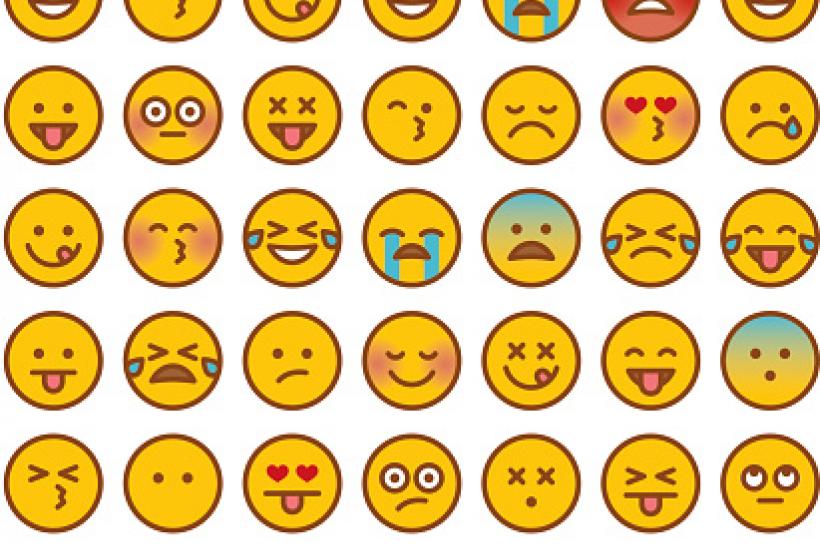Feelings Are Hard
One of the most common complaints I hear in therapy is that my client doesn’t know how to identify what they are feeling. As a result they sometimes believe they don’t even have feelings or the feelings they do have are overwhelming and confusing.
I struggle with naming my feelings as well… I’m no super human! One of the most common things I hear is
“I’m not mad, I’m just annoyed.”
This is a way to dismiss yourself from what you are actually feeling. It minimizes the emotion and makes it more palatable. We can all deal with being annoyed, but what is much harder to deal with is feeling rejected, frustrated, hurt, angry or stupid. If you dig in to the feeling of being annoyed you usually end up at a much less comfortable place but nonetheless a place that more accurately articulates your feelings.
The Power of Words
Why are some words so much harder to say? Why is “annoyed” easier to say than “mad?” Why is it easier to say you are “sad” than “depressed?" Sure there’s the stigma of what others would think, but there’s also something about how WE interpret these words that causes us to want to sugarcoat and avoid certain terms.
Maybe when you were growing up you received certain messages about your emotions. If you told someone you were depressed maybe they told you you were being dramatic. Maybe you experienced social anxiety and your parents told you that was rude. Maybe you were told women aren’t supposed to get angry, that that’s a guy emotion. It’s not lady-like.
Maybe “annoyed” is just the female euphemism for “angry.”
If you stick with this train of thought long enough, you’ll find that you hold very strong beliefs about word choices. There are words/emotions that are acceptable and words/emotions that are not. The bad news is, whether you accept the wording or not, the emotions will still exist in you.
So why do I need to identify my feelings?
What benefit is it to do something that can be so hard? Identifying your emotions provides many benefits, such as:
self awareness
lowering anxiety
engaging more with life
self compassion
This list could go on and on but ultimately, growing in your awareness of what you feel brings you from being asleep to yourself and life to awake and engaged with yourself and your experience of the world. Sure, once you start opening yourself up to feelings you may experience some discomfort around some of those emotions. But, you will also begin to have a more full experience of the positive emotions as well! Brene Brown told us, “We cannot selectively numb emotions, when we numb the painful emotions, we also numb the positive emotions.”
The Feelings Wheel
The feelings wheel is a tool used to identify and articulate what you feel. Every mental health professional I know uses some form of it and it’s been around for ages. There are even kid versions you can use with your children! Check it out below and learn how to use it.
In the core middle of the feelings wheel is our base level emotions, these are the primary categories we hold for emotions. Many of us have a limited vocabulary for describing what we feel and I use this wheel to help you build your vocabulary and better articulate the exact emotion. When we can move from saying we feel “scared” to then articulate that we feel “insecure” it helps us understand ourselves better and then in turn be able to be understood better by others when we share our feelings. Realizing we feel insecure can help us place an origin to where that emotion may be coming from, thus lowering the intensity of it through understanding.
So often we feel misunderstood because of our feelings (“I can’t explain what I’m feeling right now!!”) and this can lead to conflict or increased anxiety and fear. Simply using this wheel to identify and articulate your feelings can provide significant relief and I hope my descriptions above can aid you in living more in tune with your mind and body!










